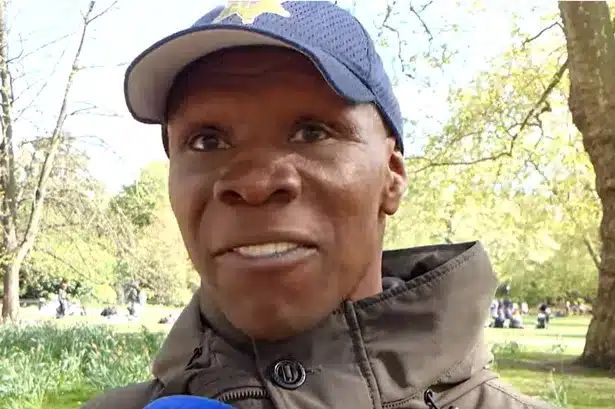A 17-year-old female footballer with suspected autism is facing a ban of up to 6 matches for asking a bearded adult transgender opponent: “Are you a man?”.
The girl was found guilty this week of ‘discrimination’ and her parents have now raised concerns about the sanction, which they claim undermines the safety of their daughter and other girls.
Transgender female players aged 16 or older are allowed to play against girls and women under FA rules, though the policy from 2007 has been under fire for some time now and seems to be constantly under review.

A National Serious Case Panel delivered the verdict after the girl’s comments during a friendly against a trans-inclusive football club in July, even though the teenager denied being transphobic, according to The Telegraph.
The club complained to Kick It Out, an organisation standing against discrimination in football, and the county FA charged the girl with saying, ‘Are you a man?’, ‘That’s a man’, ‘Don’t come here again,’ or similar comments.
The girl reportedly asked the referee about her opponent’s eligibility, worried for her safety after several ‘overly physical challenges’ during the game. Interestingly, the referee did not hear anything he considered discriminatory during the game.
Despite this, the girl will now immediately be banned for two games and will serve a four-game suspended ban. The girl reportedly cried during her half-hour hearing.

In a statement as part of her defence, the 17-year-old claimed she was ‘confused’ as her opponent had a beard, was not wearing the opposition’s kit, and was decked out in ‘jewellery and sunglasses’. During a football game?!
That statement continued:
‘The moment the player clarified they were transgender, I respected their answer fully, dropped the situation and immediately shifted my focus back to the game before seeking guidance from the referee.
‘At no point was my question meant to be hurtful or malicious as I only intended to seek clarity in an unfamiliar situation. Knowing now that the player was transgender, I understand that there were better ways to approach this question.’
The girl added that she had ‘raised a concern about the risk of a serious injury as a 17-year-old girl playing against a biological male who was much larger than me and a very physical player, which was possibly a safety issue as I did not want to get dangerously injured right before the start of a new season’.
The girl’s mum added:
‘We’ve always taught our daughter to ask questions, and if she doesn’t feel comfortable or she doesn’t feel safe then she should go to somebody in charge and ask the question.’
‘The FA is essentially saying that no woman, when faced with what appears to be a male on the pitch, is entitled to ask a question.’
The FA’s current transgender policy is based on a testosterone suppression model, which must be within a specified range and hormone treatment verified annually. However, there’s some debate over whether trans women maintain a physical, biological advantage when it comes to speed and strength, despite any treatment which manages testosterone levels.
Obviously we all want to live in a world that’s inclusive and where people are respected and can play football no matter what they identify as, but not at the detriment of women and girls, surely? Are the FA putting player safety second in an effort to appease the trans lobby? What would happen if a biologically female player is seriously injured by a transgender opponent one day, would the FA then be susceptible to legal action by the victim?
In this particular case, it’s hard to say whether there was any actual malice involved in the situation (‘don’t come here again’ might suggest so, although the referee claims he never heard it). Obviously that wouldn’t be a very nice thing to say, but if you’re familiar with people who have a certain level of autism/aspergers, then you know they’re prone to blurting out inappropriate things. Is a 6-match ban and public shaming really necessary?
For more aspies, read the remarkable story about the Hound of Hounslow – the 42-year-old West London man who crashed the stock market from the comfort of his bedroom.















